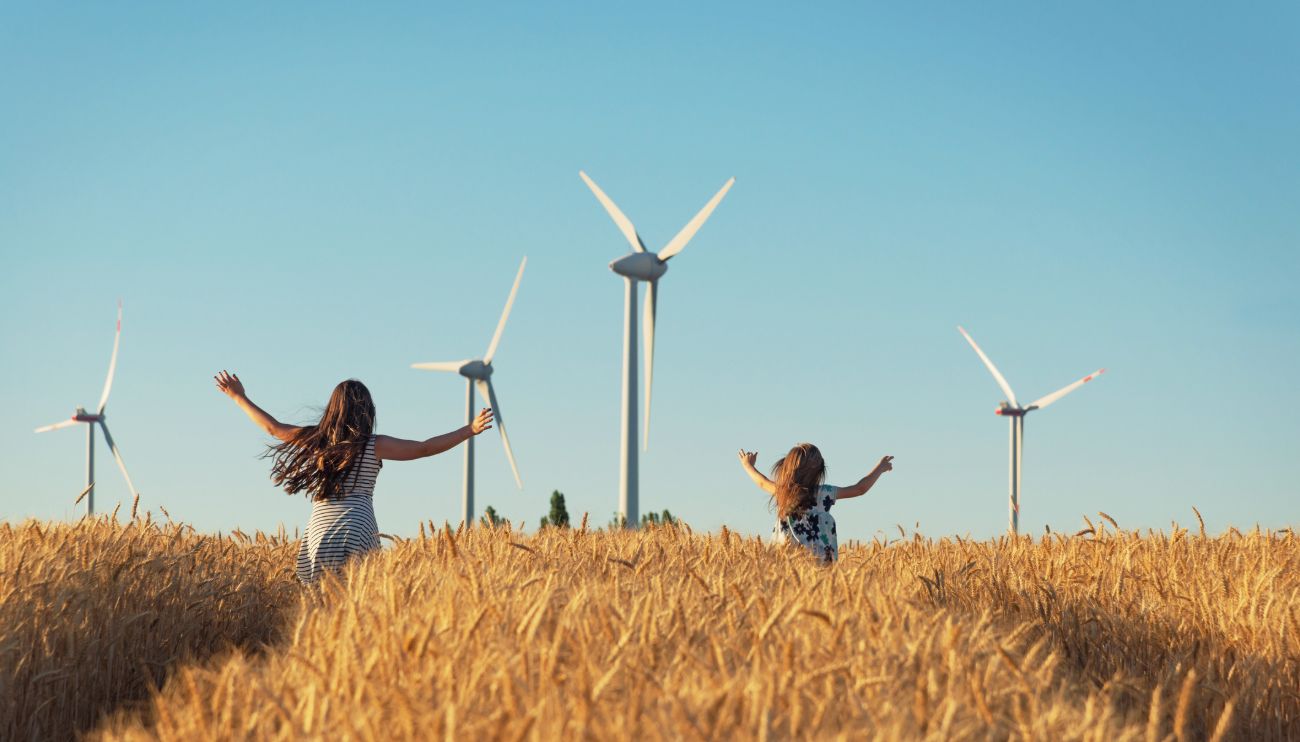As we stride into 2025, the urgency to ensure access to affordable, reliable, sustainable, and modern energy for all as envisioned by the Sustainable Development Goal 7 (SDG7) has reached a critical point, and the stakes are at all-time high. There are only five years remaining to meet the goal, which would lead to a more just, inclusive and equitable world.
The Pact for the Future adopted last year reinvigorated global commitments to sustainable development, through universal energy access and a just energy transition. The International Renewable Energy Agency (IRENA), as chair of the 2025 edition of the Tracking SDG7: The Energy Progress Report, is uniquely positioned to steward this joint effort with fellow custodian agencies: the International Energy Agency, United Nations Statistics Division, the World Bank, and the World Health Organization.\
Where Do We Stand: The Energy Gap
The global energy landscape is fraught with inequities despite advancements in renewable energy. The Tracking SDG7: The Energy Progress Report 2024 underscored two very stark realities: 685 million people still live without access to electricity worldwide; and 2.1 billion people rely on polluting cooking fuels, endangering their health and well-being.
The fact that the universal energy access promise remains unmet, mostly in Sub-Saharan Africa, reduces the opportunity for people to improve their living conditions and transform their livelihoods. The year 2025 must therefore see bold actions and effective collaboration implemented, for impactful progress in the energy transition, as well as health, education, or sustainable development outcomes.
What to Do Next: Working Together
The SDG7 attainment might sound a daunting task, yet it is achievable and the rewards are immeasurable. Universal energy access should not be treated as a commodity, but a driver of equity, and beacon of hope for a better future.
The commitments from the Summit of the Future emphasise the need to integrate energy policies with climate goals, recognising the dual challenge of expanding energy access while reducing emissions. This is in line with IRENA’s efforts as the official agency mandated to track the progress of tripling of renewables and doubling of energy efficiency by 2030.
Building on the above-mentioned commitments, IRENA together with UN-Energy and the SDG7 Technical Advisory Group (SDG7 TAG) will accelerate action on the global energy transition. The following actions are key to ensure SDG7 attainment, alongside broader climate goals:
- trategic Partnerships – IRENA’s leadership in bringing together diverse sustainable energy stakeholders is essential to mobilise resources and foster innovation.
- Innovative Financing – Closing the USD 3-4.5 trillion annual investment gap for SDG 7 requires creative solutions, including but not limited to results-based financing schemes and policy derisking measures. As part of this effort, grants will be needed to unlock private sector’s capital in countries or regions struggling to attract it.
- Localised Solutions – Emerging and developing economies need tailored regional and national approaches informed by science, data tools and local know-how that can address the risk perception of renewable energy investors.
- Capacity Building – Institutional and individual capacity remains critical to achieve renewables-based energy transitions. IRENA’s support in this space focuses on skilling and empowering the next generation of energy professionals, while also strengthening regulatory frameworks.
- Fostering Accountability – Benchmarking and tracking progress is key to ensuring commitments are translated into tangible outcomes. The upcoming 2025 Tracking SDG7 Report is an integral part of this joint effort, providing the information and outlining the road ahead to achieve a common goal.
For more discussion on SDG7, watch a session of IRENA’s 15th Assembly on 11 January 2025, titled ‘SDG7 on Sustainable Energy: The Road Ahead’, to be livestreamed here.
Source link
www.irena.org

